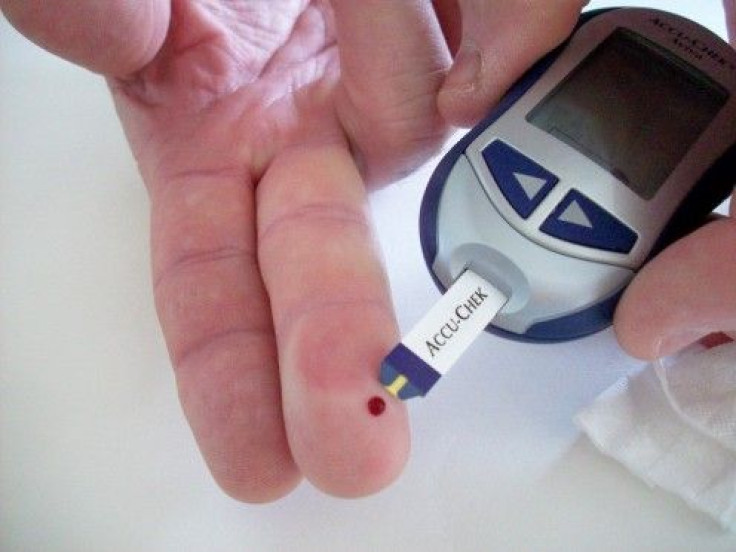EU Declares Diabetes Drugs Do Not Cause Pancreatic Cancer

After a scientific paper was published showing that diabetes patients taking blockbuster diabetes drugs may have inflammation in their pancreas — a serious precursor to the difficult-to-treat pancreatic cancer — the U.S. Food and Drug Administration (FDA) and European Medicines Agency (EMA) stepped into action. Drugs in the class of glucagon-like peptide 1 and dipeptidylpeptidase-4 (DPP-4) inhibitors, including Januvia, Victoza, Byetta and Onglyza, showed evidence in animal models of causing the serious pancreatitis in some experiments and posing a potential health risk to diabetes patients.
The FDA has yet to declare the drugs completely safe and is currently evaluating the data, but the EMA's Committee for Medicinal Products for Human Use (CHMP) has completed their review and found the drugs do not cause pancreatitis, an inflammation of the pancreas that can lead to pancreatic cancer. The decision was made based on samples taken from diabetic and non-diabetic individuals who had died for reasons other than diabetes.
Pancreatic cancer is an extremely deadly type of cancer that is difficult to detect and hard to treat. Both Steve Jobs, the Apple founder, and Ralph Steinman, the 2011 Nobel Prize winner, died of pancreatic cancer within a short period of each other. Steinman actually used his pioneering Nobel Prize-winning research in an attempt to extend his life and help his immune system to attack the cancer.
What's more, the EMA found that the published study, which sparked the controversy over diabetes drugs and pancreatic cancer, contained some flaws including statements like: "Following a review of the publication and consultation of a panel of experts, the CHMP considered that the study itself had a number of methodological limitations and potential sources of bias, most importantly differences between the studied groups with respect to age, gender, disease duration and treatments, which preclude a meaningful interpretation of the results."
Although there was a small incidence of pancreatitis in clinical trials of the drugs, the study's data did not support the idea that the drugs could directly lead to the development of pancreatic cancer. The EMA stopped short of saying that there was no risk in citing the action of the drugs in stimulating insulin-producing beta cells and suppressing alpha cells of the pancreas, and the lack of long-term data on the drugs. Medicines are tested in patients for less than 10 years so any long-term effects will not be known for years, and possibly decades.
Ongoing studies of the wider population is still underway and is standard for most new drugs on the market to see if there are any adverse effects over a longer period of time and in a heterogeneous population. The EMA states that there is an ongoing study that began in 2011, and results are expected by the spring of 2014.



























